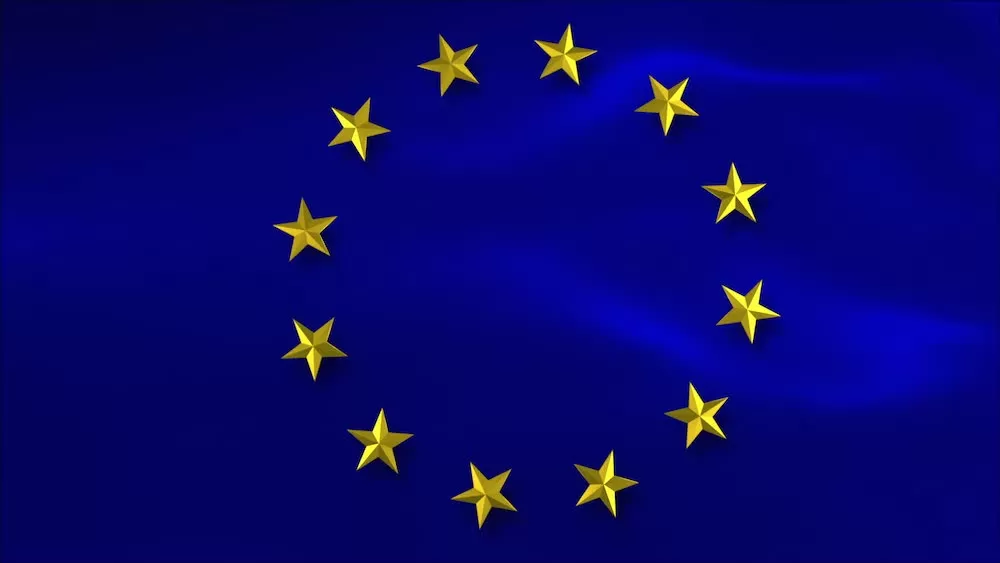
As a result of the COVID-19 pandemic, countries of the EU joined many other nations in closing down their borders, barring international travel. The disease affected countries such as Italy and Spain, with the former even becoming the epicenter of the pandemic at one time. But now, as the number of new cases in Europe begins the decline each day, the Union has decided it's time to reopen its international borders. Diplomats had been debating these past few weeks on how to go about lifting the travel bans, coming up with lists of countries who will be allowed entry, and those who will remain banned.
According to POLITICO, the EU came up with the criteria to determine which countries will be permitted to enter Europe and which will not. After days of discussions and debates, the diplomats decided that countries that have a coronavirus infection rate that's comparatively similar to or lower than that of the EU will be allowed entry. The Union has also looked into the current trend of the increase and decrease of cases in these countries and how effectively they're handling the pandemic. As a result, they've come up with a handful of countries they're now officially allowing to travel to Europe again.

For now, the list of those allowed entry into Europe consists of 54 countries. In the coming months, the list will change depending on the current situation of said countries and those that are yet to be included on this list. They include:
Albania
Algeria
Andorra
Angola
Australia
Bahamas
Bhutan
Bosnia and Herzegovina
Canada
China
Costa Rica
Cuba
Dominican Republic
Egypt
Ethiopia
Georgia
Guyana
India
Indonesia
Jamaica
Japan
Kazakhstan
Kosovo
Lebanon
Mauritius
Monaco
Mongolia
Montenegro
Morocco
Mozambique
Myanmar
Namibia
New Zealand
Nicaragua
Palau
Paraguay
Rwanda
Saint Lucia
Serbia
South Korea
Tajikistan
Thailand
Tunisia
Turkey
Turkmenistan
Uganda
Ukraine
Uruguay
Uzbekistan
Vatican City
Venezuela
Vietnam
Zambia

Meanwhile, citizens from countries USA, Israel, Russia, and Turkey remain on the banned list for now. As for the UK, as there hasn't been a Brexit deal finalized, British citizens continue to be recognized as EU citizens. If you want more info and updates, check out Schengen Visa Info.
Despite the agreed-upon lists, however, capitals of each European country reserve the right to grant or ban entry of non-Eu citizens to their respective territories. Though the European Commission hopes that all nation-members company with the general consensus of the next steps forward. The upcoming reopening of EU borders follows the lifting of lockdown measures of various European countries as a result of the COVID-19 pandemic. For instance, France started lifting its lockdown in mid-May 2020 and continues to gradually go back to normal.

For now, the EU is set to finally bring tourism back to the continent by opening their borders again to a number of countries. And it's the perfect time for it too as summer is just around the corner! Do you have your European vacation ideas ready? Who knows? You might be able to travel here in the next few months!